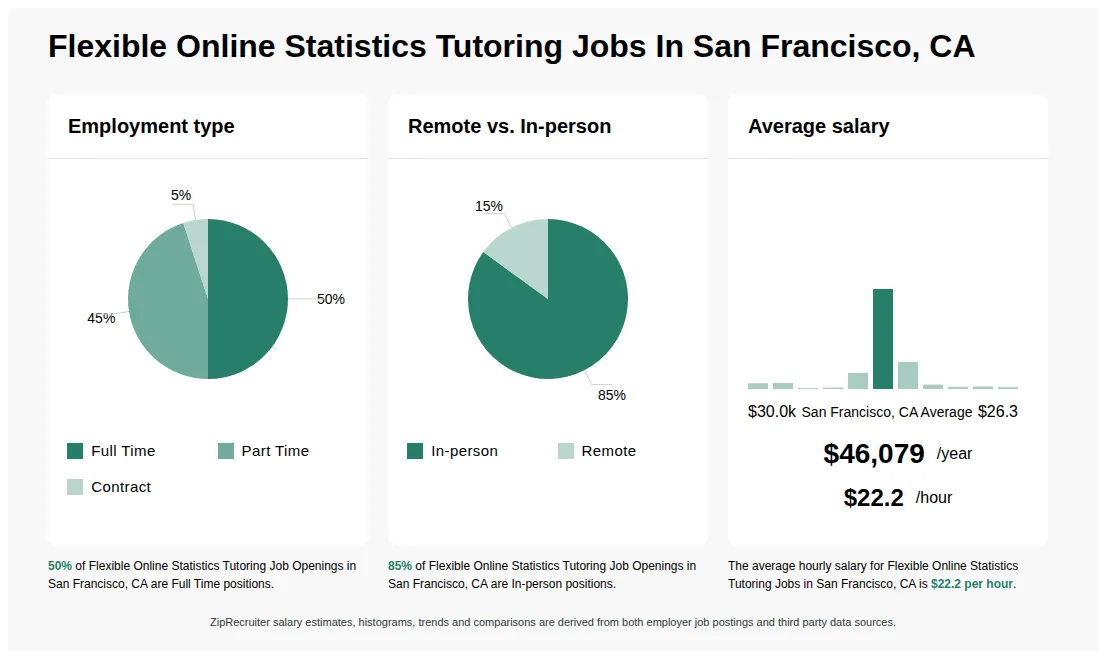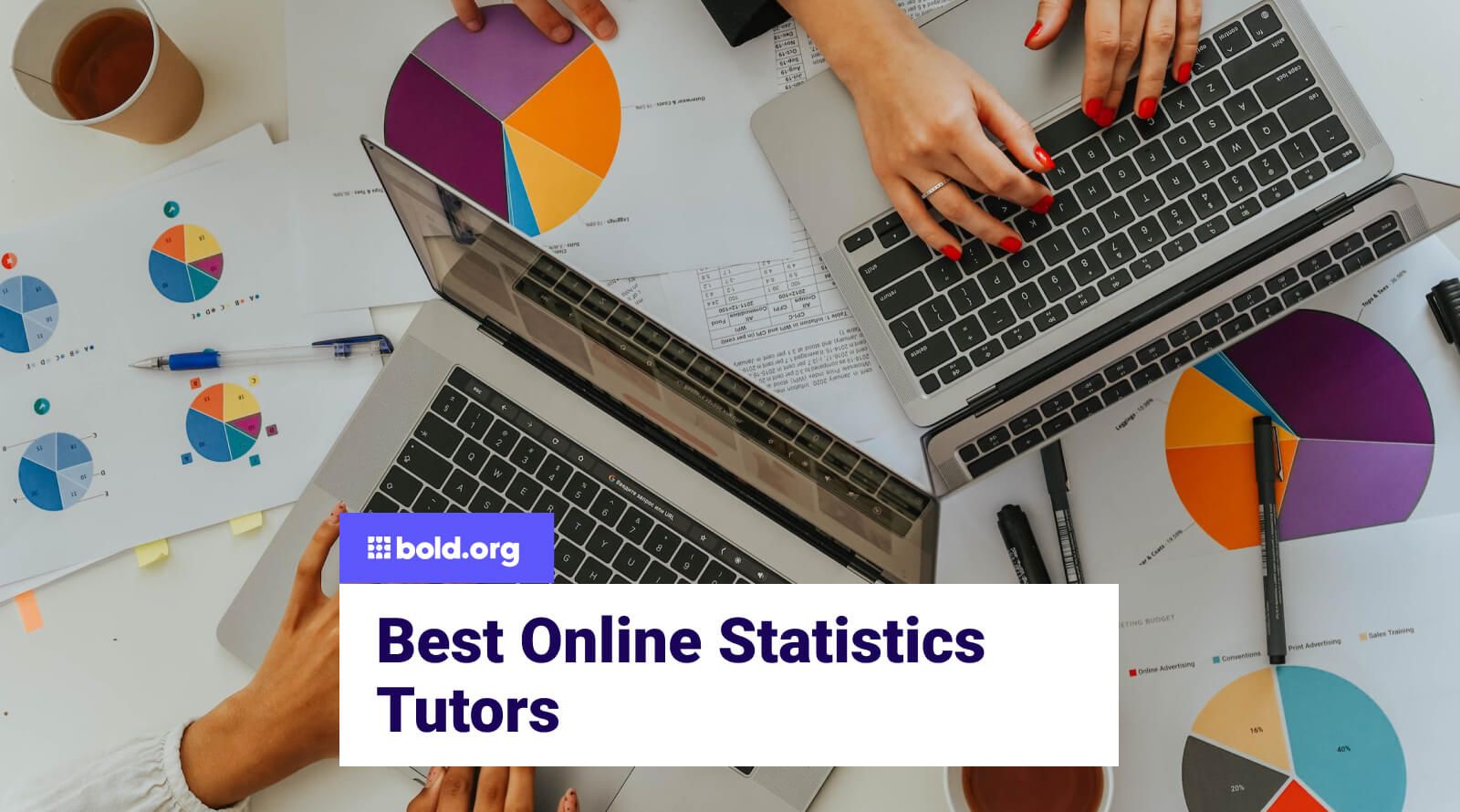How a Stats Tutor Improves Problem-Solving Skills
Understanding the Obstacles: Why Trainees Locate Data Difficult and Exactly How Tutoring Assists
Statistics provides many obstacles for students. The details of foundational principles, combined with complex terms, typically result in misconceptions. False impressions can come from cognitive predispositions, specifically in differentiating connection from causation. Customized tutoring emerges as a sensible remedy, offering tailored direction that addresses private learning demands. As trainees navigate these difficulties, they might discover that the right support can transform their understanding and perspective towards the topic. What other benefits might this method offer?
The Intricacy of Analytical Ideas
Although statistical principles are vital for data analysis, their complexity commonly postures considerable obstacles for students. Several students battle to grasp foundational concepts such as likelihood, circulations, and theory testing. These ideas call for not just mathematical abilities yet likewise an understanding of their real-world applications, which can be abstract and unintuitive. The use of lingo and technical language even more makes complex the learning process, making it challenging for students to link concept with practice. Additionally, the interplay in between different statistical methods can lead to complication, specifically when identifying the ideal method for a given dataset. As learners attempt to browse these complex ideas, they might end up being overwhelmed, leading to disappointment and disengagement. This intricacy necessitates reliable teaching strategies and encouraging sources, such as tutoring, to aid students build self-confidence and accomplish a deeper understanding of stats. Recognizing these obstacles is the initial step toward helping with far better instructional outcomes in the area.
Difficulties in Data Interpretation
Data interpretation offers considerable difficulties that can hinder exact analysis and decision-making. Students often battle to draw purposeful verdicts from data as a result of a lack of familiarity with numerous statistical techniques and devices. False impression can develop from the overwhelming amount of info, causing confusion concerning which metrics are appropriate. Additionally, cognitive biases may cloud judgment, triggering pupils to favor information that verifies pre-existing beliefs instead than examining info objectively.
Another difficulty lies in distinguishing connection from causation, a vital concept that can alter understanding of connections within information sets. The visual representation of information, such as graphes and charts, can often deceive if not analyzed correctly, resulting in imprecise verdicts. These obstacles highlight the significance of developing strong information analysis abilities, as they are essential for making notified choices in both scholastic and real-world contexts. Efficient tutoring can offer the advice needed to get rid of these hurdles and foster better comprehension.
The Function of Possibility in Stats
Exactly how does likelihood shape the foundation of statistical evaluation? Likelihood functions as an essential tool in data, enabling scientists to make reasonings concerning populations based on sample data. By evaluating uncertainty, possibility makes it possible for statisticians to estimate the possibility of various outcomes, facilitating decision-making processes. For circumstances, likelihood circulations, such as the normal circulation, supply crucial structures for understanding information habits and irregularity.
Principles like hypothesis screening rely heavily on possibility to determine the relevance of results. This interaction between probability and statistics aids in reviewing the legitimacy of cases and leading further research study. Understanding chance is essential for analyzing analytical outcomes properly, as it aids to contextualize findings within their more comprehensive uncertainty. A strong grasp of likelihood ideas furnishes students with the analytical skills required to deal with intricate analytical obstacles, cultivating a more profound comprehension of the subject matter.
Usual Misconceptions Regarding Data
What are some typical false impressions that frequently cloud the understanding of stats? Numerous people mistakenly believe that stats just includes numbers, forgeting its conceptual foundations. Some think that a small example dimension can yield reliable conclusions, disregarding the value of representative data. An additional widespread misunderstanding is the idea that connection suggests causation, bring about incorrect analyses of relationships between variables. Additionally, numerous pupils assume that statistics is solely about computations instead than acknowledging its duty in data analysis and decision-making. Others might check out statistics as a rigid self-control, stopping working to appreciate its flexibility in numerous contexts. Misconceptions regarding statistical relevance, such as equating it with sensible significance, additionally add to confusion. These misconceptions can hinder pupils' capacity to realize analytical concepts efficiently, typically leading to irritation and anxiety when engaging with the subject. Attending see this website to these misunderstandings is vital for fostering a more complete understanding of stats.
The Benefits of Tailored Tutoring
Individualized tutoring deals significant benefits for trainees battling with statistics, as it customizes direction to individual learning designs and needs. This personalized approach enables tutors to recognize particular locations of trouble and adapt their teaching techniques as necessary. By focusing on the one-of-a-kind obstacles each trainee faces, continue reading this tailored tutoring fosters much deeper understanding and retention of statistical principles.
Individually communication gives trainees with the opportunity to ask concerns openly and receive prompt feedback, boosting learning effectiveness. Individualized tutoring likewise aids build confidence, as trainees development at their very own speed without the stress of a classroom atmosphere.

Often Asked Questions
What Anticipation Is Needed Before Studying Data?
Anticipation in standard mathematics, including algebra and arithmetic, is crucial before researching stats. Experience with concepts such as data, features, and variables analysis greatly boosts understanding and application of analytical principles in real-world scenarios.
Just How Does Innovation Impact Learning Statistics?
Technology enhances finding out data by supplying interactive tools, simulations, and visualizations that clear up ideas. Online systems enable joint knowing and accessibility to resources, fostering a much deeper understanding of analytical approaches and motivating engagement among pupils.
Exist Specific Study Techniques for Mastering Statistics?
Effective study methods for mastering statistics include active experiment problem-solving, utilizing visual aids, forming research study teams for joint knowing, and applying real-world examples to enhance understanding and retention of analytical principles.
What Jobs Call For Solid Analytical Abilities?
Careers needing strong statistical abilities consist of information expert, statistician, actuary, market scientist, and epidemiologist. These occupations take advantage of statistical methods to translate data, educate choices, and fix complicated troubles throughout various markets, boosting total logical capabilities.
Exactly How Can Group Research Study Procedure Aid With Stats?
Group study sessions enhance understanding of statistics by advertising joint analytical, making it possible for diverse point of views on complicated concepts, and promoting a helpful setting where pupils can clarify questions and strengthen discovering via discussion and shared resources. Statistics Help.
